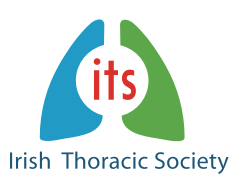What is asthma?
Asthma is a common disease characterised by inflammation and narrowing of the airways, the small tubes that carry air in and out of the lungs. In mild asthma the narrowing occurs occasionally but happens more often as asthma gets more severe. Symptoms of asthma include wheezing, shortness of breath, chest tightness and cough. Asthma effects children and adults, and may develop at any age. It is the most common chronic disease in childhood. It is estimated that 470,000 people in Ireland have asthma – the fourth highest prevalence worldwide after Australia, New Zealand and the United Kingdom.
What causes asthma?
The cause of asthma is not fully understood. It is thought that genetics (eg those related to allergy) may be a factor, as well as environmental influences such as allergens and pollutants. Other factors such as exercise, cold air and upper respiratory tract infections can also prompt attacks.
Treatment of asthma
Asthma symptoms improve with appropriate treatment for the majority of patients. There are several different forms of medication that can be used for the treatment of asthma, including bronchodilators, inhaled corticosteroids, or a combinaton of the two.
Bronchodilators
Short-acting bronchodilator drugs are taken by inhaling. They relax the airways and relieve symptoms of wheezing and breathlessness.
Inhaled corticosteroids
Inhaled corticosteroids are given to control inflammation of the airways, usually as regular daily treatment.
Combination therapy
In more severe cases of asthma, longer acting bronchodilators, in combination
with corticosteroids, can give more effective control.
Useful links:
Reproduced by kind permission of the European Lung Foundation
